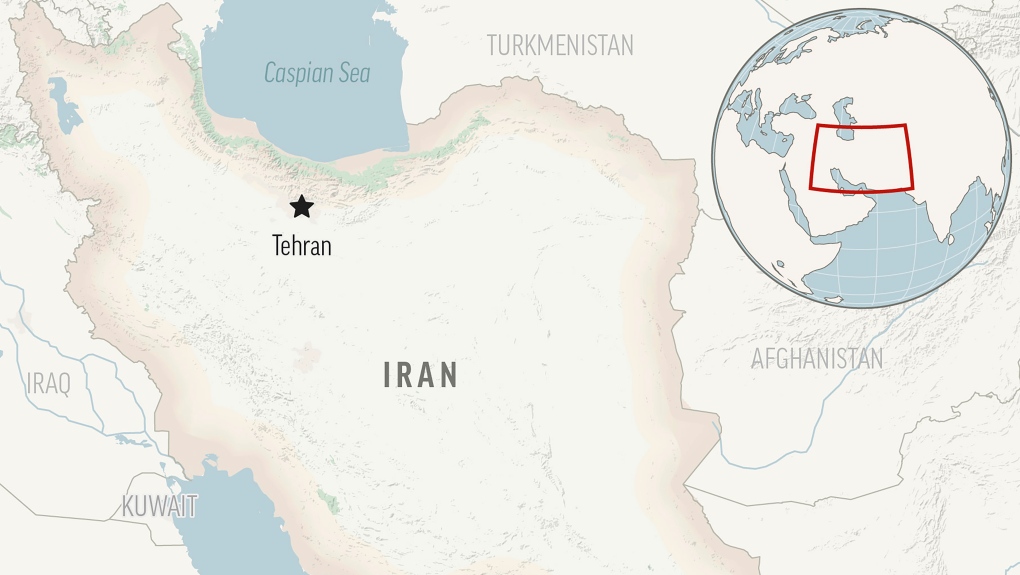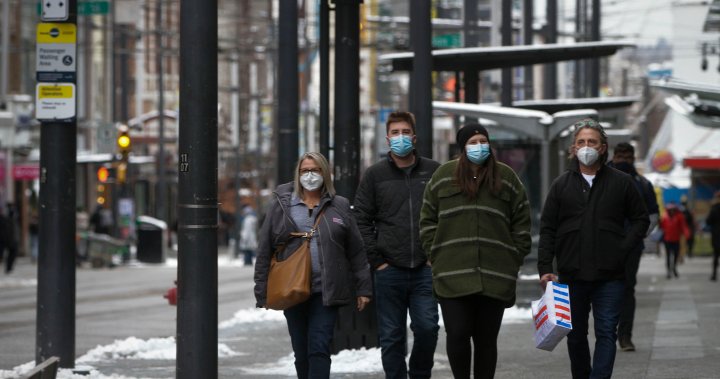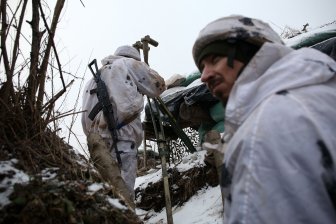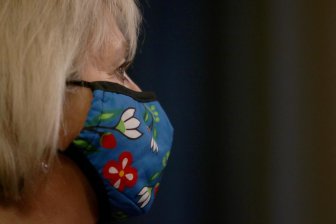As the Omicron variant of COVID-19 continues to spread rapidly throughout B.C., public health officials have changed their approach to pandemic management in an effort to minimize social disruption.
New guidance issued Friday was less restrictive for adults who test positive for COVID-19 and their close contacts, but family physician Dr. Birinder Narang reassured British Columbians that the changes are reflective of a “highly-vaccinated community.”
“I think we’ve realized that there are extreme limitations in the ability to do that kind of pandemic management that we’ve all gotten accustomed to, and that’s with testing, tracing and monitoring, isolation enforcement,” said Narang, who is also Global BC’s medical contributor.
“What I’m grateful for is that there is evidence that the way Omicron is behaving is that there is less severe disease associated with it and I think a lot of the briefing today reflected that.“
Read more:
B.C.’s top doctor signals major shift in COVID strategy, says contact tracing no longer useful
On Friday, provincial health officer Dr. Bonnie Henry confirmed that fully-vaccinated adults with COVID-19 need only isolate for five days, while unvaccinated adults must still isolate for 10.
Close contacts of people with the virus need not isolate at all and those with symptoms, but not a positive diagnosis, can return to work or school at their discretion when they feel better. Tests are not recommended for those with mild symptoms.
It’s a shift from the strictly-regulated approach the province has taken in previous waves — before contact-tracing and testing capacity were overrun by Omicron.

A mother and school teacher in Metro Vancouver, who asked not to be named to protect her job, said she’s concerned by the less restrictive guidance. Not all children are “highly-vaccinated,” especially not with boosters, and she knows of students who have already been infected more than once.
“As a mom, I’m really concerned because I know enough as a teacher about how the schools are doing with their lack of safety protocols,” she explained.
“I know that [COVID-19] is ripping through our families right now … and I just don’t understand the reluctance to put things in place to make us feel safe, so we can learn and teach and do our jobs well.”
Many safety measures promised by the province, including staggered start times and lunches, are not widely or consistently implemented, she told Global News. Teachers and kids are running out of steam, she added.
“We have traumatized kids, and that breaks my heart because I’m now part of the system that’s traumatizing them. It doesn’t need to be that way.”
Narang acknowledged that the new approach might cause anxiety for some, and that the province’s lack of clear communication on isolation rules this week probably didn’t help.
He reinforced, however, that the new management approach helps ensure health-care resources — including staff and testing — are available for the most vulnerable when they need it.
The guidelines also allow others who can’t afford to isolate for extended periods to return to daily life, knowing Omicron carries a lesser risk of severe illness requiring hospitalization than Delta, and that many others around them are fully-immunized.
“We also know there is consistent data now that we’re seeing that our peak of cases was earlier in the month, and so we are expecting a downward trajectory,” he explained.
“There is evidence from around the world that are following similar metrics that we are, that this is a path that is following … I looked at England yesterday and the people in critical care in England right now is at a six-month low, and they were facing in the U.K. over 200,000 cases a day, just two to three weeks ago.”

It’s all good news to the restaurant industry, said Ian Tostenson, president and CEO of the BC Restaurant and Foodservices Association (BCFRA). The guidelines provide increased “flexibility” for restaurant staff and patrons, he explained.
“From our point of view, it’s going to do two things — number one, it’s going to allow our staff to come back to work probably a bit quicker. Most of them actually got sick at the end of New Year’s, so we’re not doing too badly there.
“I think it also sends a signal for people that it’s alright to start going out dining in.”
Restaurants have strict health and safety measures in place, he added, and will continue to enforce them in the fifth wave.
While cases may trend downward in the days to come, the health-care system is under “immense pressure” from Omicron and many staff are at “the end of their ropes,” according to the Hospital Employees’ Union in B.C.
Responding to the new guidance, spokesperson Mike Old said health-care staff who test positive for the virus will exceed the five days of isolation required for immunized adults if they still feel sick, because the system can’t afford any more spread.
Old urged members of the public do to everything in their power to keep health-care workers from getting infected.
“People are exhausted and they’re looking for some relief, and we’re hoping that with this approach, perhaps we can get out of this for the next few weeks,” he explained.
“I think most people in the public are very cautious about their own symptoms, and generally, they’re going to make the right decision about when it’s safe for themselves to go back to work, given that these other public health measures aren’t readily available to them anymore.”

On Friday, Henry said COVID-19 was still far from being an endemic illness in B.C.
Public health officials reported nine new deaths in the past 24 hours on Friday, and a total of 924 hospitalizations due to COVID-19. Of those patients, 130 are in intensive care.
There were at least 33,997 active cases of the virus throughout B.C.
© 2022 Global News, a division of Corus Entertainment Inc.










More Stories
What do weight loss drugs mean for a diet industry built on eating less and exercising more?
Canadian man dies during Texas Ironman event. Her widow wants answers as to why | Globalnews.ca
Canadian health-care professionals urged to share climate disaster mitigation information | CBC News